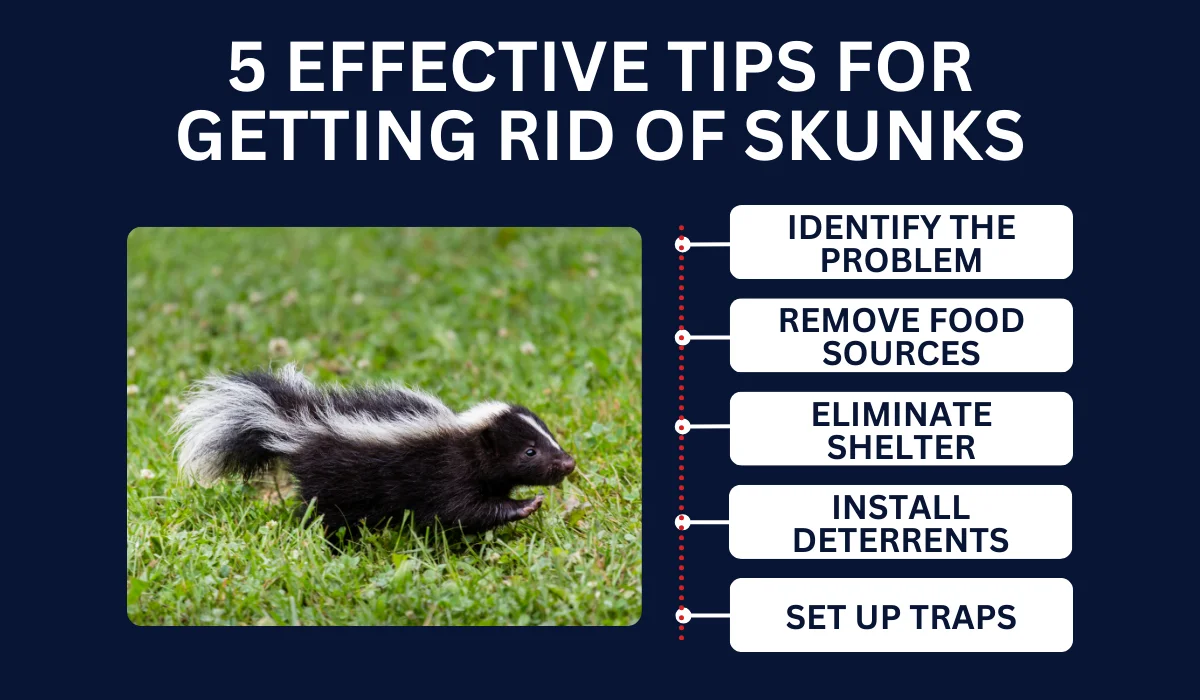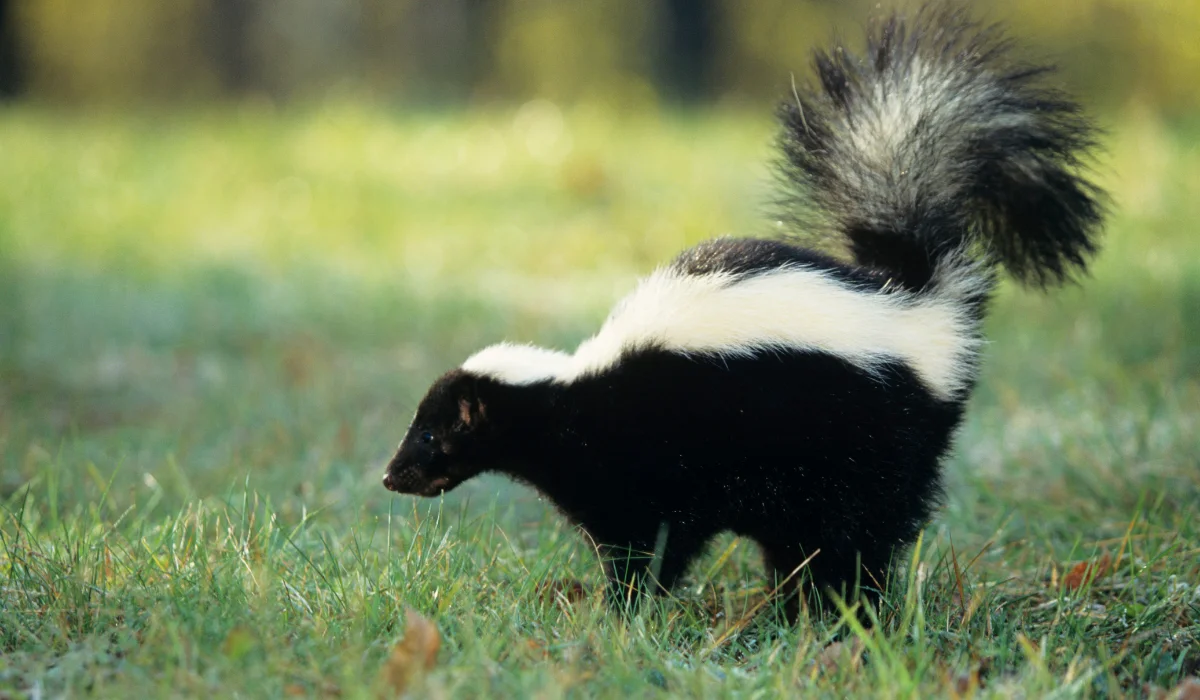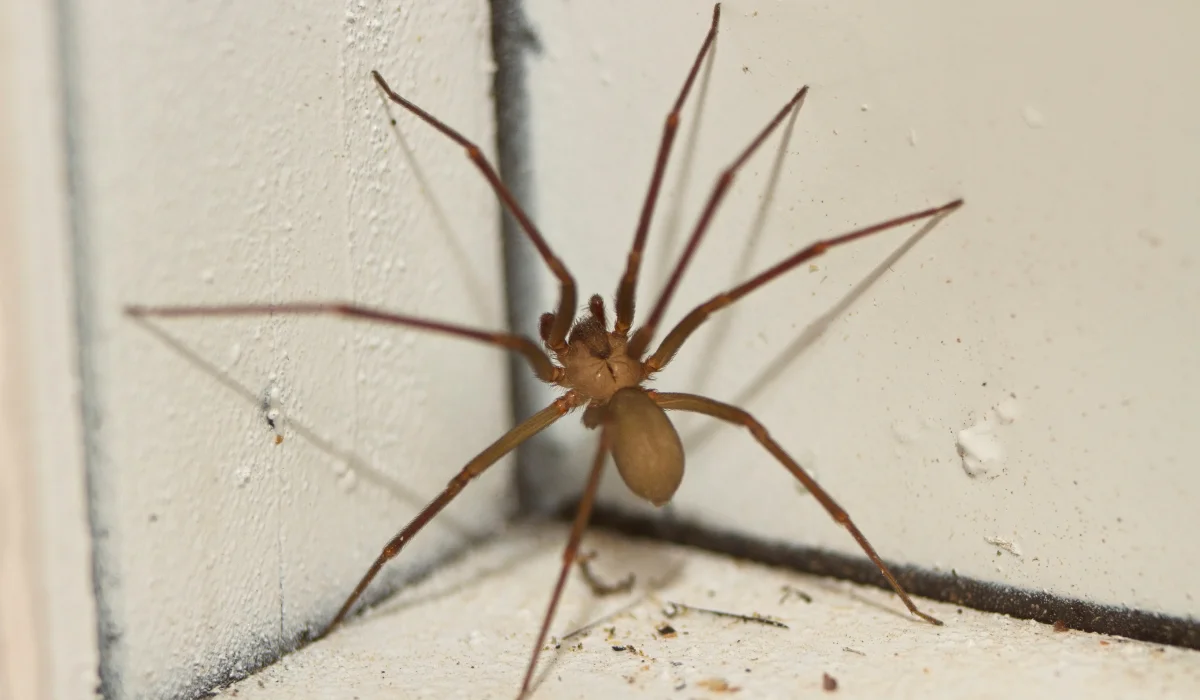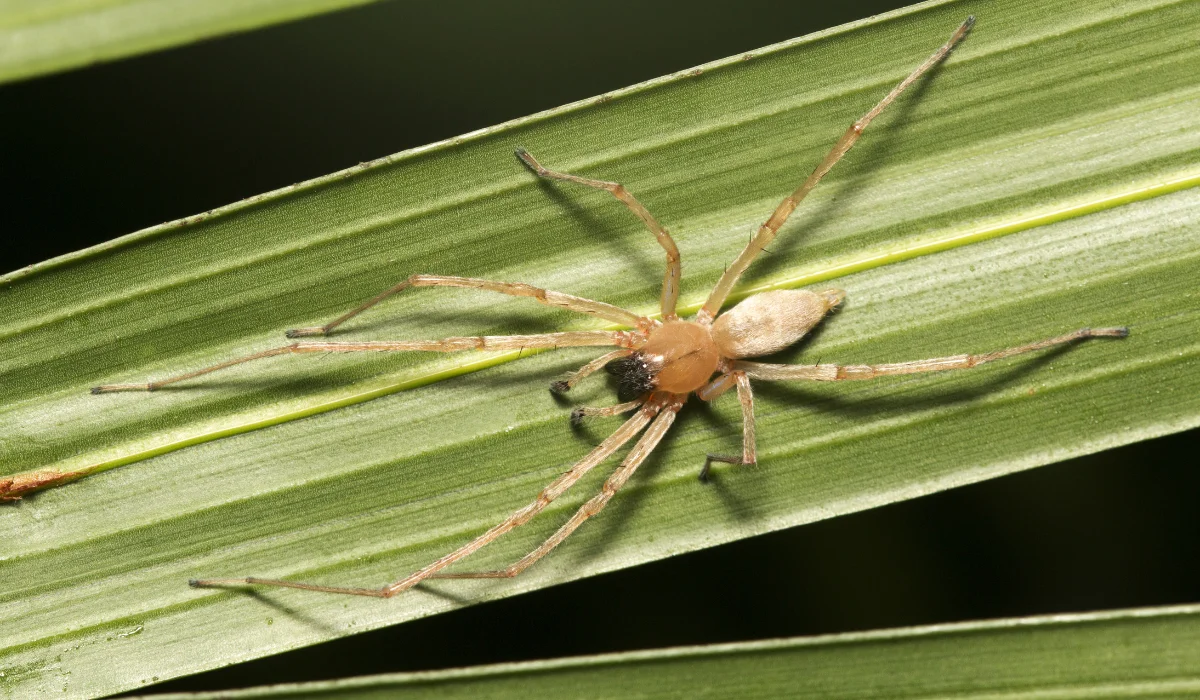If you’ve ever had a skunk wander into your yard, you know the panic that sets in when you think about the possibility of that unmistakable skunk spray. Skunks, though generally non-aggressive, can cause quite a stink—literally—and pose health risks like spreading diseases such as leptospirosis.
Let’s dive into practical ways to tackle skunk problems while keeping your home safe and odor-free.
Key Takeaways
- Signs of a skunk problem include musky odors, small droppings, lawn holes, and nighttime sightings in your yard.
- Keeping skunks away starts with removing food sources like pet food, trash, and fallen fruit from your yard.
- You can prevent skunks by sealing shelter areas, installing motion sensors, and using natural repellents like predator urine.
- For stubborn skunk problems, professional pest control provides safe removal and keeps them from coming back.

1. Identify the Problem
Knowing the signs of a skunk infestation is the first step in addressing it. Here’s what to look for:
| Smell the Odor | A strong, musky smell, especially at night, can signal a skunk nearby. |
| Spot the Droppings | Look for small, tubular droppings with seeds or insect remnants. |
| Check for Lawn Damage | Skunks often dig shallow holes (3-4 inches deep) while searching for grubs. |
| Watch for Nighttime Visitors | Frequent nocturnal sightings can confirm skunk activity. |
2. Remove Food Sources
To keep skunks away from your property, the next step is to remove anything they might find appetizing. Make sure pet food is kept indoors, and skunk-proof your bird feeders.
Trash cans and compost bins should have tight-fitting lids, and any fallen fruit or food scraps in your yard should be cleaned up promptly.
Without easy meals, skunks are less likely to linger.
3. Eliminate Shelter
The next step is to eliminate areas where skunks might hide.
Check crawl spaces, sheds, or under decks, and seal any potential entry points using chicken wire or hardware cloth. Be sure to clear out woodpiles, dense bushes, or other debris that could make cozy den sites.
If you already have a skunk living in one of these spots, you can use a one-way door to evict it safely. This device lets the skunk leave but keeps it from coming back, helping you humanely resolve the issue.
4. Install Deterrents
To keep skunks from settling in your garden, try motion sensors like bright lights, sprinklers, or ultrasonic sensors. They’ll scare skunks off and make your property less inviting.
Floodlights are another option, as these critters prefer dark, quiet areas.
For more natural approaches, apply skunk repellents like predator urine, cayenne pepper, or castor oil in areas where skunks are active.
Ammonia-soaked rags can also work as a deterrent when placed near entry points, encouraging skunks to leave.
5. Set Up Traps
If skunks are sticking around, licensed trapping can be a safe way to capture and relocate them. Bait the live trap with peanut butter or sardines, and cover it with a tarp to keep the skunk calm and minimize the risk of spraying.
Make sure to follow local wildlife regulations when relocating skunks to avoid any issues.
HOW TO DEAL WITH SKUNK SPRAY
If a skunk sprays near your home, the smell can be overwhelming. Here’s how to neutralize it with a DIY deodorizer:
- Combine 1 quart of hydrogen peroxide, ¼ cup of baking soda, and 1 teaspoon of dish soap.
- Apply it to the smelly area and let it sit for about 10 minutes.
- Rinse thoroughly with water. You might need to repeat this if the skunk odor is strong.
Avoid using tomato juice. It masks the skunk smell but doesn’t eliminate it.
HOW TO PREVENT FUTURE SKUNK PROBLEMS
Want to keep skunks from settling in your yard? A few simple steps can make your property a lot less inviting to these critters:
- Landscaping Tips: Trim bushes, clear debris, and avoid planting skunk-attractive crops like corn or melons near your home.
- Secure Your Property: Install fencing buried at least 6 inches deep to prevent skunks from digging underneath.
- Monitor the Area: Regularly check for signs of skunk activity to address issues early.
WHEN TO CALL A PROFESSIONAL WILDLIFE REMOVAL
If your efforts to deter or remove skunks are unsuccessful, it’s time to contact a pest control expert. At LaJaunie’s Pest Control, we specialize in wildlife control, including skunk removal. Our trained technicians provide safe, humane, and effective solutions to keep your property skunk-free.
For skunk problems or any pest concerns in Southern Louisiana, call us today or schedule a consultation online. Same-day service is available!
 By: LaJaunie's Pest Control
By: LaJaunie's Pest Control 


